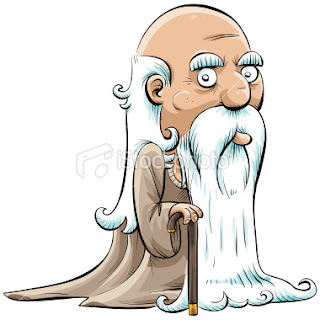These are reflective questions in that they presuppose that the activity of painting pictures is a going concern. But they are not philosophical questions. Indeed they are part of the domain of two other types of enquiry which are also important contributors to educational theory, namely the sciences of psychology and sociology. What, then, distinguishes philosophy from other forms of reflective enquiry?
Let us take an example; for one of the cardinal points in philosophical method is to show points by means of examples. Supposing one teacher says to another: ‘You should not punish children by keeping the whole class in’ and another says ‘That’s not really punishing them; and how do you know you shouldn’t do this anyway?’ The second teacher is dealing philosophically with the moral judgment made by the first teacher.
What makes his reply philosophical? What sort of reflection does it exemplify? It involves reflection about the concept of ‘punishment’ and about the sort of grounds which are good grounds for making a judgment of this sort. Philosophy, in brief, is concerned with questions about the analysis of concepts and with questions about the grounds of knowledge, belief, actions and activities.
This rather bald assertion should give rise to a host of questions. But two connected questions would obviously present themselves to the practically minded. The first question concerns the nature of conceptual analysis itself. Is it, for instance, a matter of defining terms carefully? The second question is how going into the meaning of terms, or probing into the grounds of knowledge, helps anyone to tackle the type of question which sets the enquiry off.
Maybe at the finish one’s head is a bit clearer than at the start. But whether or not keeping the whole class in is to be called punishing the children, the question still has to be faced of whether they ought to be kept in or not. Can philosophizing about the situation shed any light on this very practical problem?
Read More : What is philosophy?
